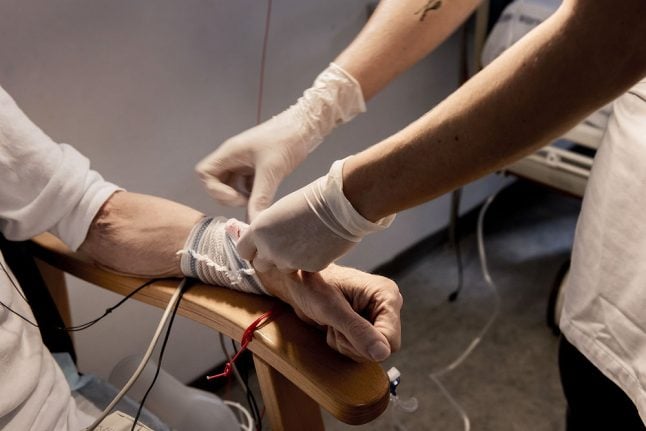Several Danish media, including Ritzau, reported late on Tuesday that sources have indicated that Prime Minister Lars Løkke Rasmussen’s government will announce its intention to scrap the regions when presenting the reform on Wednesday.
The five regional councils — North Jutland, Central Jutland, Southern Denmark, Zealand and the Capital Region – on which 205 elected officials serve, will be disbanded at the end of 2020, according to the reports.
The future administrative structure of the public health service will consist of three tiers. The first will be a state body attached to the Ministry of Health, with responsibility for budgeting and overall planning.
Five regional administrations, with the same geographical demarcations and administrative centres, will be in charge of running major hospitals, but will not be under the auspices of elected officials.
According to some reports, the current regional chairpersons will be offered the chance to continue in their roles leading regional bodies.
A number of the duties of the existing regions will be transferred to 21 new health associations, which will be attached to hospitals across the country.
The idea behind this aspect of the new structure is to help hospitals, GPs and municipalities to work closer together, Ritzau writes. Mayors and chairs in municipal health committees will be in charge of the local health associations, which will include representatives of hospitals and general practices.
The expected announcement brings to an end speculation which has lasted several months over the government’s future plans for the health system.
While the Conservative, Liberal Alliance and Danish People’s parties have all called for the regions to be scrapped, the opposition is not in support of this.
Denmark’s regions were established in 2007 and officials were most recently elected in 2017.
READ ALSO: Most Danes happy with healthcare: survey



 Please whitelist us to continue reading.
Please whitelist us to continue reading.